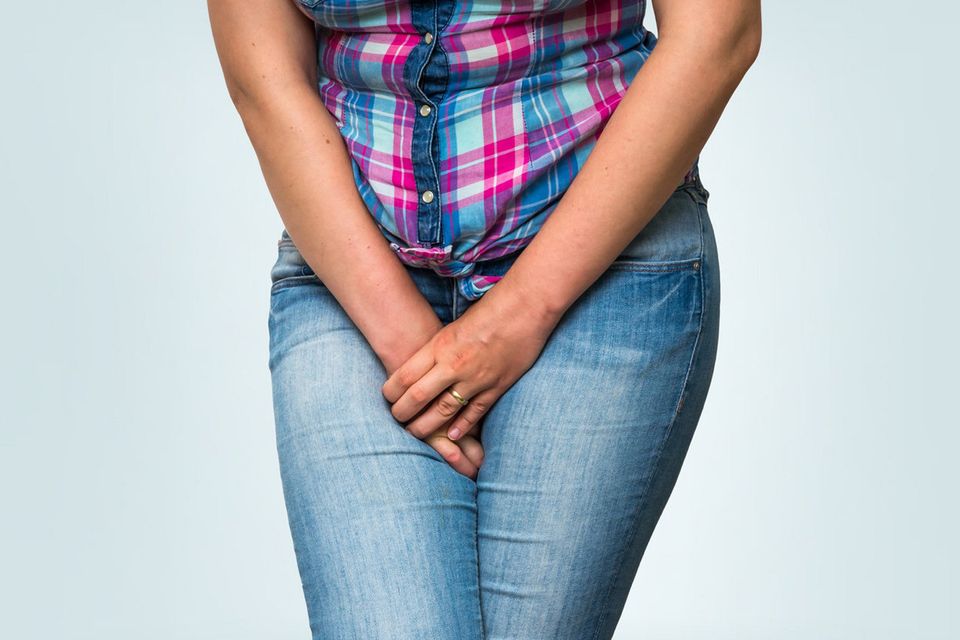Dear Dr Nina: 'I am a woman in my 40s and I have noticed some incontinence starting. What is the best solution?'
Urinary incontinence is thought to affect up to one in three women
Q I am a woman in my mid-forties and the mother of four children, two of whom I had in my early forties and the youngest of whom is now two. In the last six months, I have noticed that I wee a bit every now and then. I didn't notice any incontinence directly after my last baby and have never experienced it after the other kids.
Why would this happen now, a year and a half postpartum, and what can I do about it? I obviously don't want to go down the vaginal mesh route and I have always done my Kegel exercises religiously, so please don't tell me to do that. I need a real solution as this is ruining my confidence.
Dr Nina replies: Urinary incontinence is the loss of bladder control. Leakage can occur when coughing or sneezing (stress incontinence), or may cause a strong urge to pass urine, which may limit one's ability to get to a toilet in time (urge incontinence). Mixed incontinence is a combination of the two.
Urinary incontinence is extremely common and is thought to affect up to one in three women. Pregnancy, childbirth, obesity and pelvic floor damage all increase the risk. It is important to know that although it is more common with age, it is not a normal part of ageing.
Given that your incontinence started recently, you should visit your doctor. Things like a urinary or vaginal infection should be ruled out, as these are easily treatable. Gynaecological issues such as prolapse, ovarian cysts or uterine fibroids can also cause bladder irritation. Constipation should also be treated, as it may play a role.
Irish women are very slow to talk openly about their bladder issues. There is still a huge stigma around urinary incontinence. This shouldn't be the case.
There are treatment options available and they can be very effective. Physiotherapy and Kegel exercises, which work on creating proper tone in the pelvic floor, are the first port of call for stress incontinence.
You state you have done Kegel exercises, so physiotherapy may be a good place to start. There are physiotherapists who specialise in this area and they can advise you as to how toned or untoned your pelvic floor is.
There are a number of devices on the market that help tone the pelvic floor. One of these is the Innovo device produced by an Irish company. It has electrodes in pads that help stimulate pelvic muscles, thus enabling proper exercising of the pelvic floor.
Unfortunately public access to pelvic floor physiotherapy can take months and private access or devices such as Innovo can be expensive. In more severe cases of stress incontinence, surgery can help. Urogynaecologists are doctors who specialise in treating the pelvic floor. As is common in many specialities in Ireland, we don't have enough of these doctors to meet the demand for treatment, so waiting times in the public system are extremely long. There are various surgical options, depending on the cause. Urge incontinence occurs due to overactivity of the nerves supplying the bladder wall. This often responds to medication, which calms down nerve impulses in the bladder wall, reducing the urge to pass urine.
The psychological impact of incontinence is not to be ignored. It has clearly knocked your self-esteem. Please don't sit at home worrying about this anymore. Talk to your friends, family and GP and get the help that is available to you.
Join the Irish Independent WhatsApp channel
Stay up to date with all the latest news















